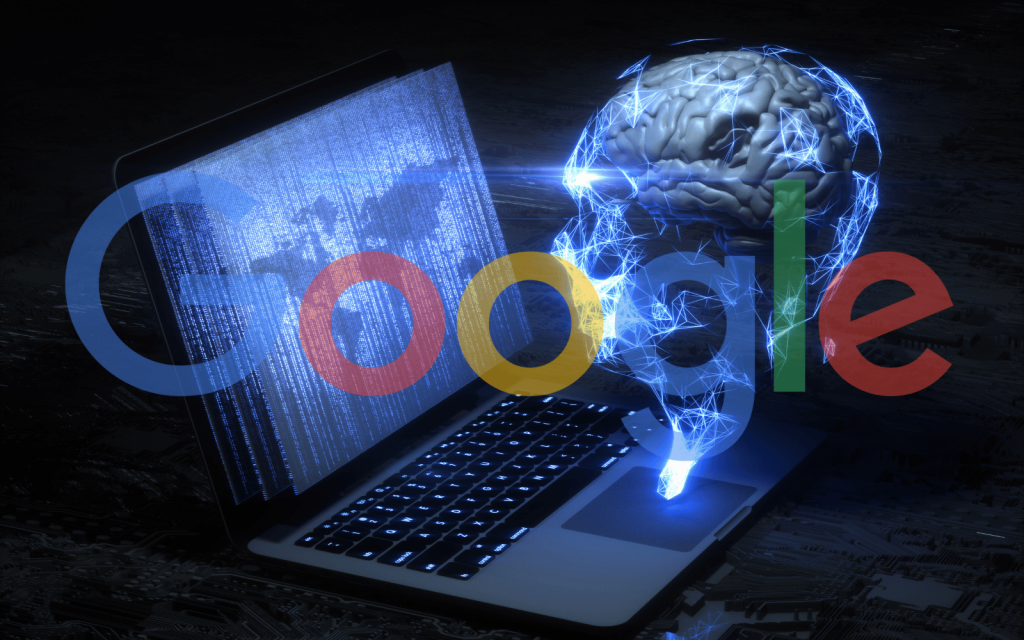Anyone in artificial intelligence (AI) will admit that the technology is hugely energy-intensive. Companies like Google and Microsoft (and by extension, OpenAI) are turning to custom solutions to make up for their energy needs. Those solutions are nuclear in nature, with Microsoft looking into restarting a decommissioned reactor.
Google, on the other hand, is opting for something altogether new. It’s still nuclear power but it’s spread out over several small modular reactors (SMRs). A company called Kairos Power is making these and they could, and probably will, power the search giant’s Gemini and other AI efforts.
Eventually, Google
It’ll be a little while before the Gmail operator is a nuclear power. The newly signed deal with Kairos will see the first mini-reactor coming online by 2030. Several more will also be up and running by the end of 2035.
Exactly how much power Google intends to buy as part of this deal isn’t clear but the salt-cooling modular reactors are expected to add 500MW of power to the American grid by the end of it all. Whether this will be used to offset the company’s power needs or if this is just what’s left after Gemini’s data centres have slurped up the majority isn’t clear.
Read More: Google’s NotebookLM claims it can turn your documents into a podcast
It could well be the former. Microsoft’s plan to absorb the power output of the decommissioned Three Mile Island Unit 1 will generate 835MW of power. This will all, in one way or another, be used for Microsoft’s purposes. It’s very possible that several reactors, generating a total of 500MW, will be entirely dedicated to the search company’s needs. Funding Kairos’ deployment might have a knock-on effect that sees the tech rolling out more broadly in the States, too.
And if this doesn’t work, maybe the Rolls Royce space reactor will be a handy backup.
